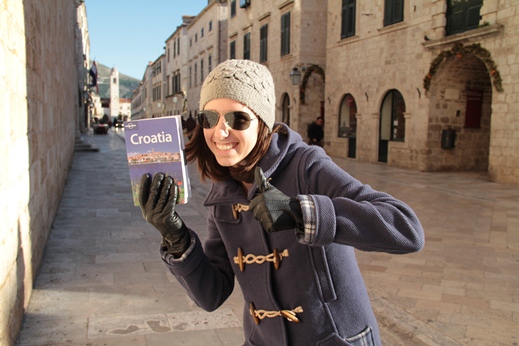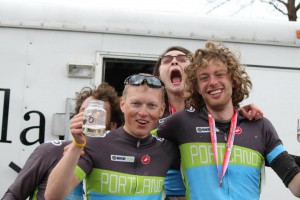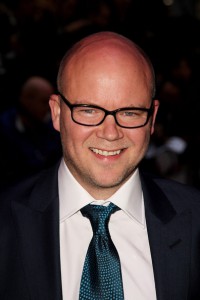
In August 2009, I sat down to write my Fulbright Personal Statement, a copy of Rebecca West’s iconic Black Lamb, Grey Falcon open on my desk. Quoting the 1930s travelogue, I wrote the following: “‘I had come to Yugoslavia because I knew the past has made the present, and I wanted to see how the process worked.’ Seventy-odd years after Ms. West penned these words, I sought the same answers.”
A year later, that application brought me to Zagreb, Croatia. Having been a student as long as I could remember, I naturally gravitated towards classes at the Faculties of Political Science and Law, which provided me access to the professors and resources who would inform my research on Croatia’s post-communist political culture. As I spoke with individuals about their own knowledge and experience with the communist era, I refined my thoughts about the lasting legacy of communism on the country’s political culture, giving context to the hard numbers captured by such organizations as the World and European Values Surveys.
And yet, with my research comfortably underway, I couldn’t help but feel concerned that I was not doing enough to further the Fulbright Program’s mission of promoting mutual understanding. So I looked for opportunities to get involved at the community level, from joining a student squash club, to co-coordinating the first-ever conference for Croatian alumni of U.S. exchange programs in cooperation with two Croatian colleagues and the U.S. Embassy.
At the Embassy’s introduction, I met a local NGO, which asked me to advise university-aged students interested in studying in the United States. I agreed, somewhat ambivalent towards my guidance counselor duties. Following a presentation on figurative language, I received an email: “Dear Jess,” it read. “Thank you for your help. Without it, my essay would have been as dry as an arid desert.” I had to laugh. At least they were taking my advice to heart. It was the beginning of the realization that my role was not to force my expectations on my host country, but to identify the community’s needs and find ways in which I could fulfill them.
Whenever I speak to individuals considering applying to Fulbright, I cannot stress the ‘cultural ambassador’ aspect about the program enough. The academic component is important and in many ways sets Fulbright apart from other U.S. government funded exchange programs. But your research should not isolate you. It should be a means — one of several — by which you connect with and enhance your local community. As you approach your application:
- Remember that Fulbrighters are not selected on methodology alone; use your personal statement to tell your personal narrative, show how Fulbright will connect to your larger values and goals, and bring your passions to the page.
- For those applying for a research or study grant, find your focus and narrow it down as much as possible. Your proposed research will seem more unique and manageable to those evaluating your application. It will also show that you’ve really put much thought into the proposal.
- Seek input and reviews wisely. Fulbright alumni either from or who went to the country to which you are applying, practitioners and appropriate academics (from your university and others) can be incredible resources.
- If your grant requires an affiliation, start looking early and cast a wide net. Particularly if you don’t have a preexisting network in country, persistence is critical. Don’t be discouraged if your emails aren’t getting replies. And if all else fails, pick up and phone or log into Skype!
Photo: Jess Kuntz, 2010-2011, Croatia, enjoying the southern city of Dubrovnik at Christmas, 2010



